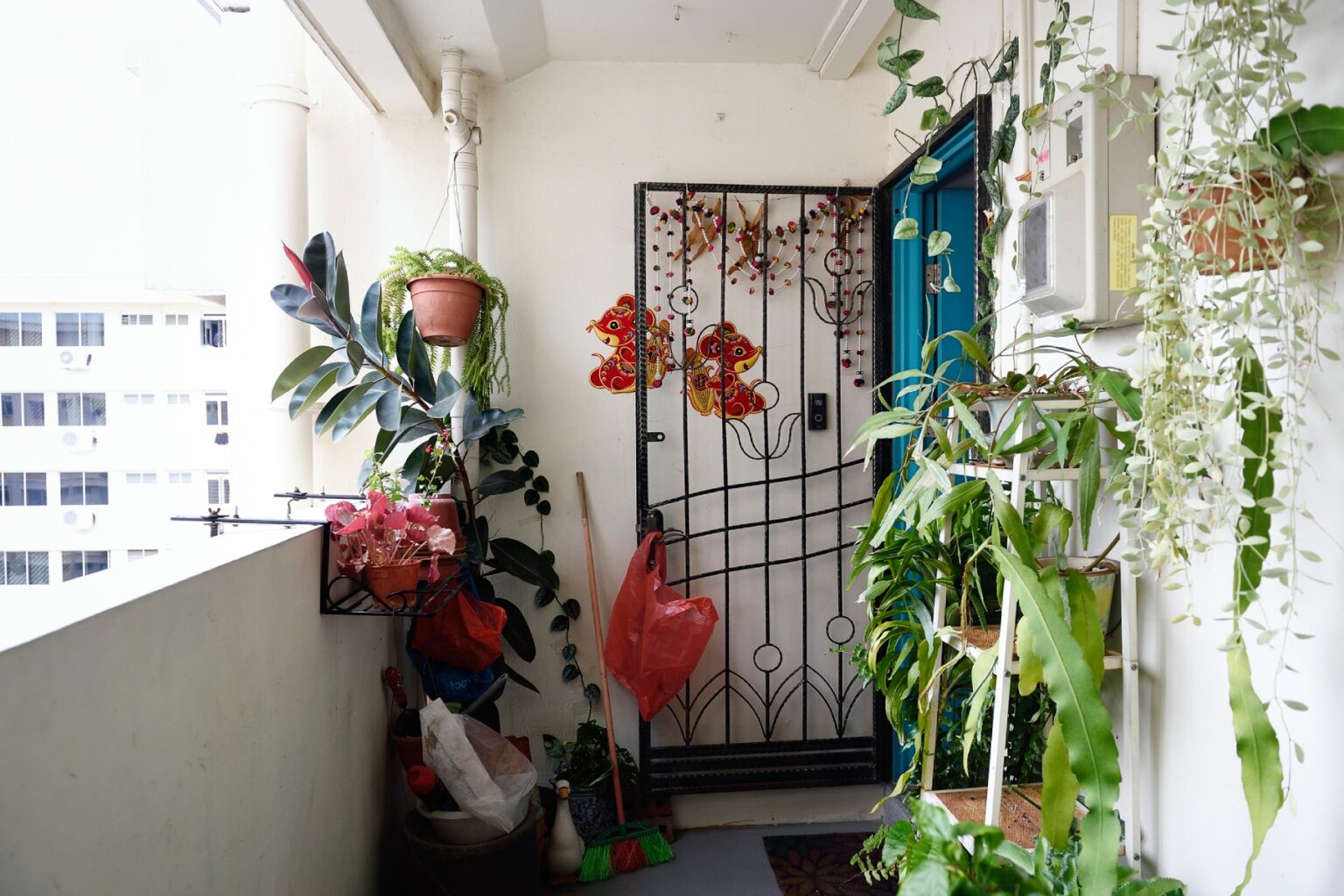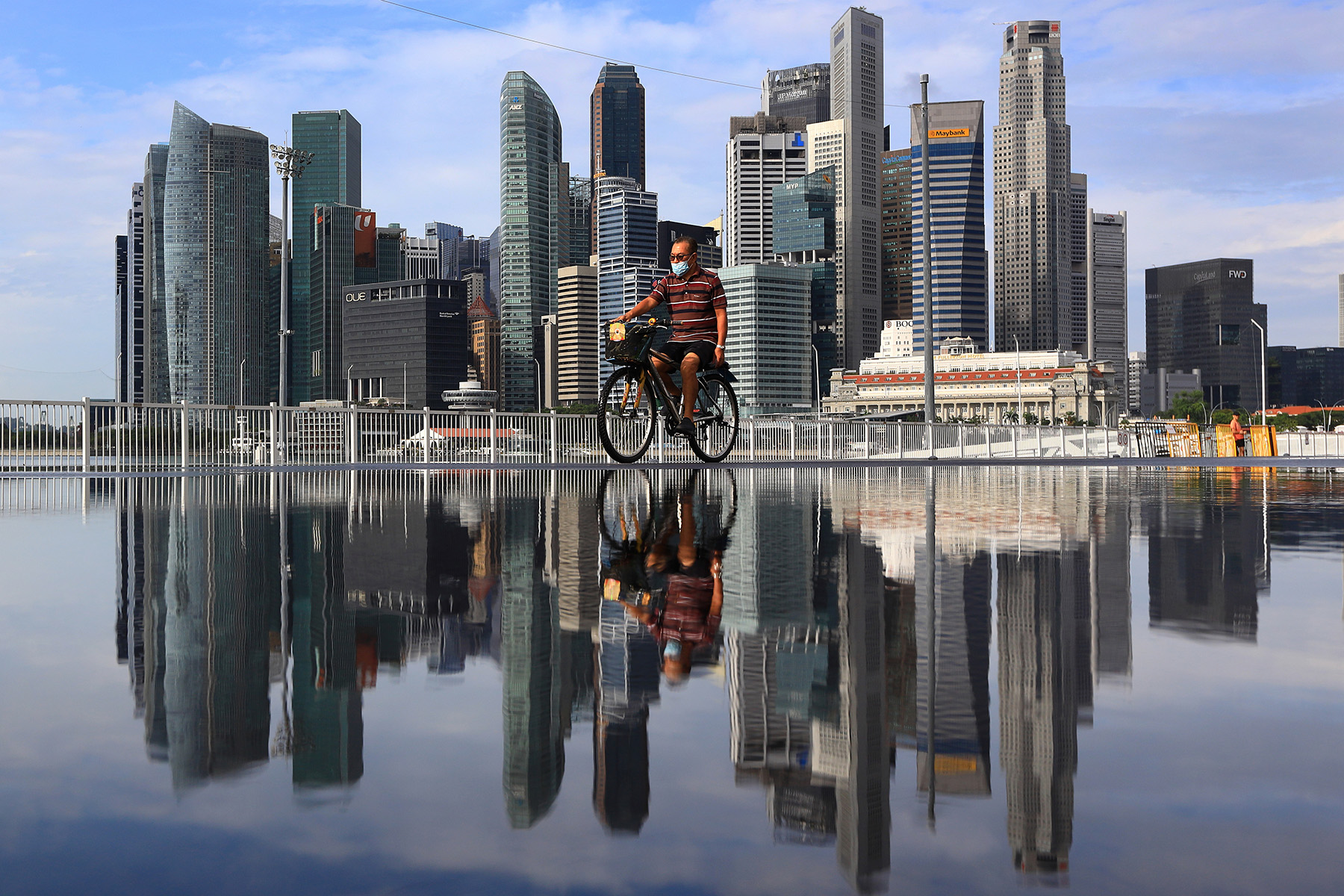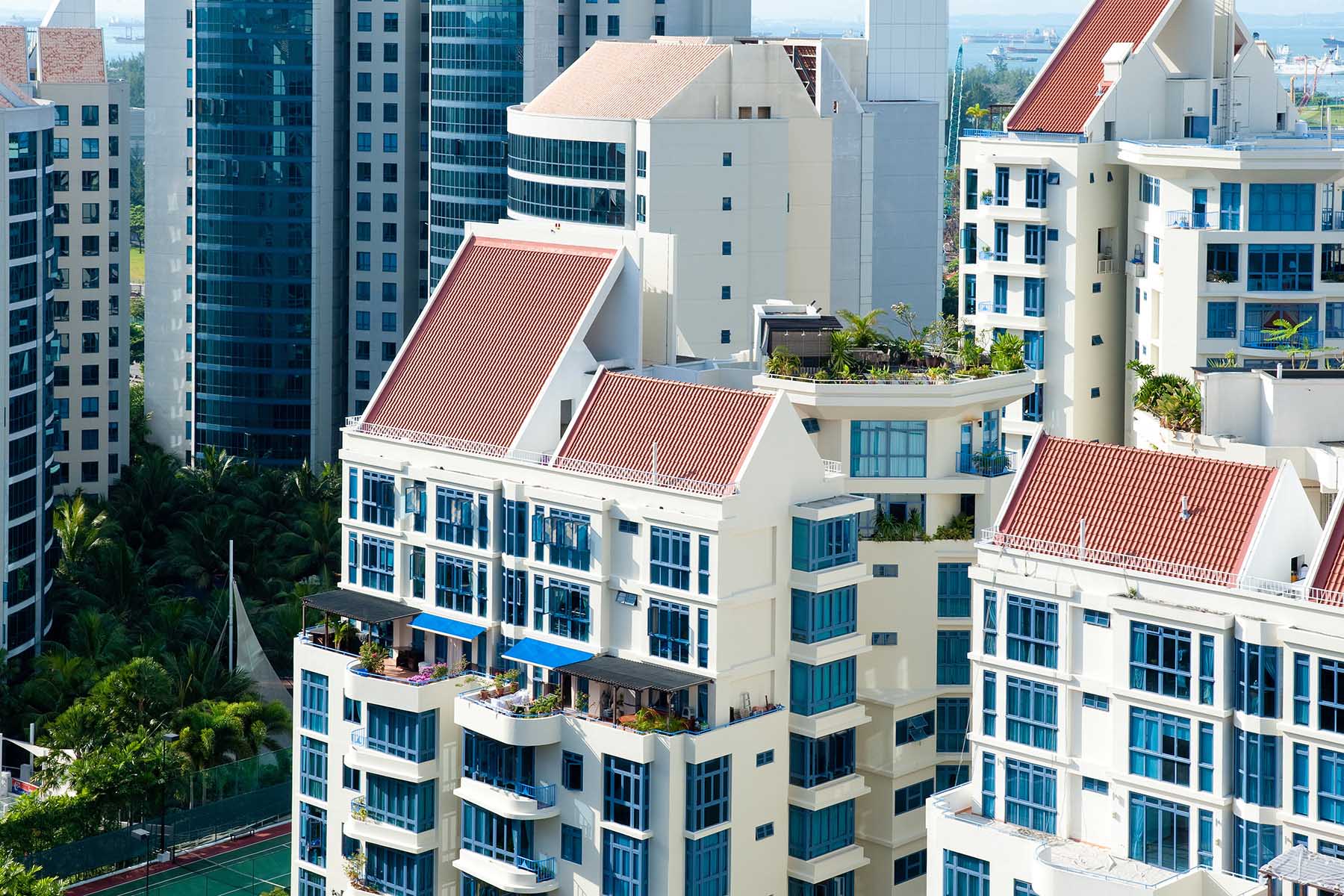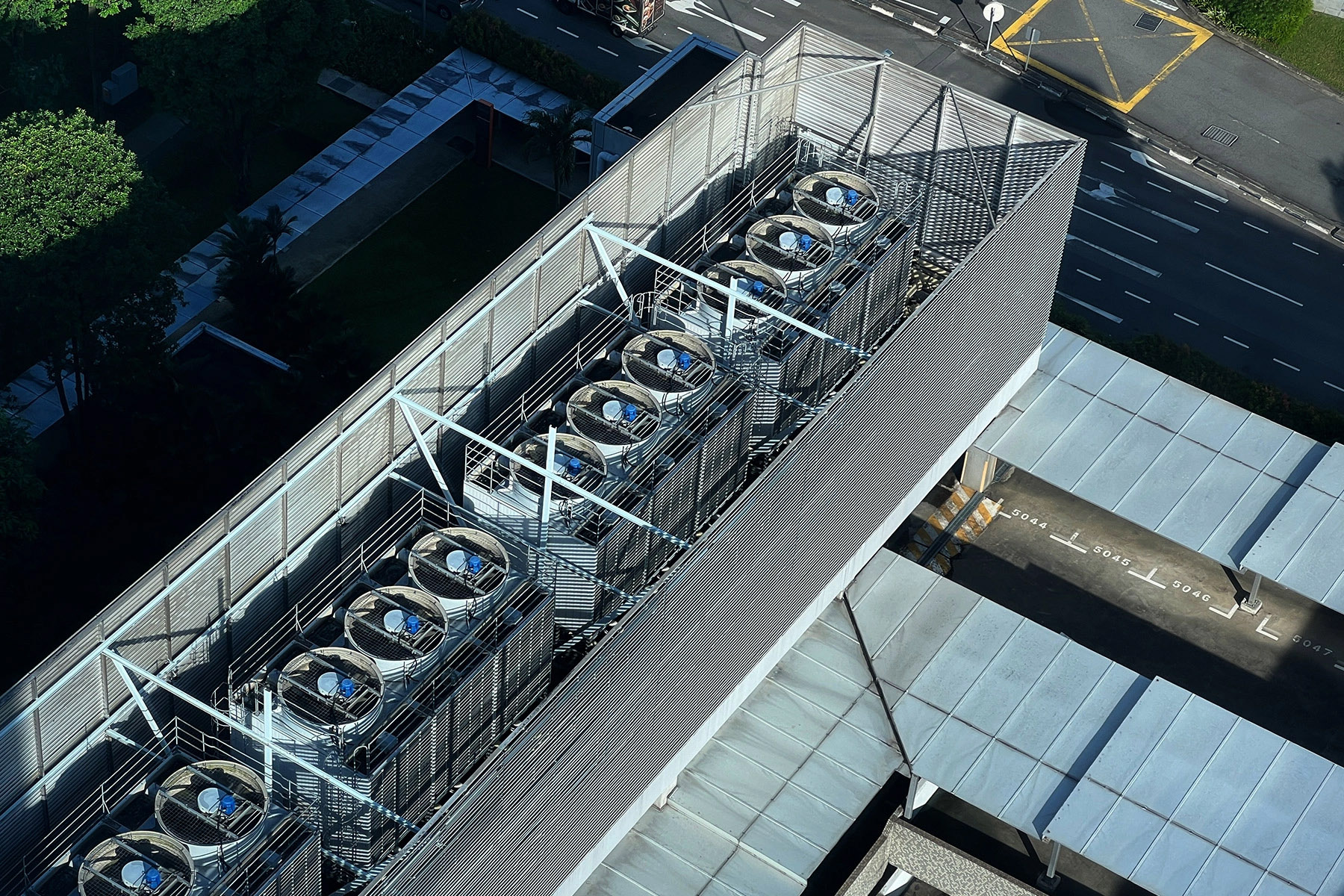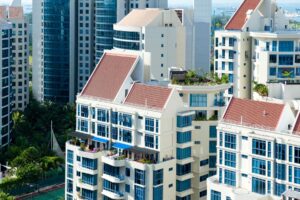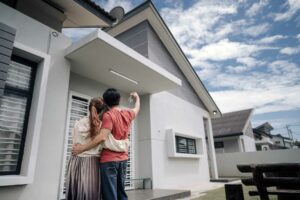If you are moving to Singapore, it makes sense to rent a property while you adjust to your new life abroad. And given that Singapore is a unique country where expats make up the majority of the rental market, you certainly won’t be short of options. Indeed, you will find a wealth of properties tailored to meet your needs, ranging from luxury condominiums to serviced apartments.
To help you understand the local rental market, as well as what to expect when it comes to signing a contract, this article covers the following:
- Renting in Singapore
- What are popular places to rent in Singapore?
- Buying versus renting
- Types of property to rent
- Finding a place to rent in Singapore
- Student housing
- How to rent a property in Singapore
- Rental costs in Singapore
- Social housing
- Rental housing laws in Singapore
- Utilities and telecommunications
- Moving in and moving out of your rental property
- Renting out your home in Singapore
- Tips for renters
- Useful resources
Renting in Singapore
Most people (89.3%) living in Singapore own their homes, which is higher than the average in the EU (70%) and the US (65.9%). The vast majority of these homes are apartments, with landed properties (houses) making up just 4.9% of the market.
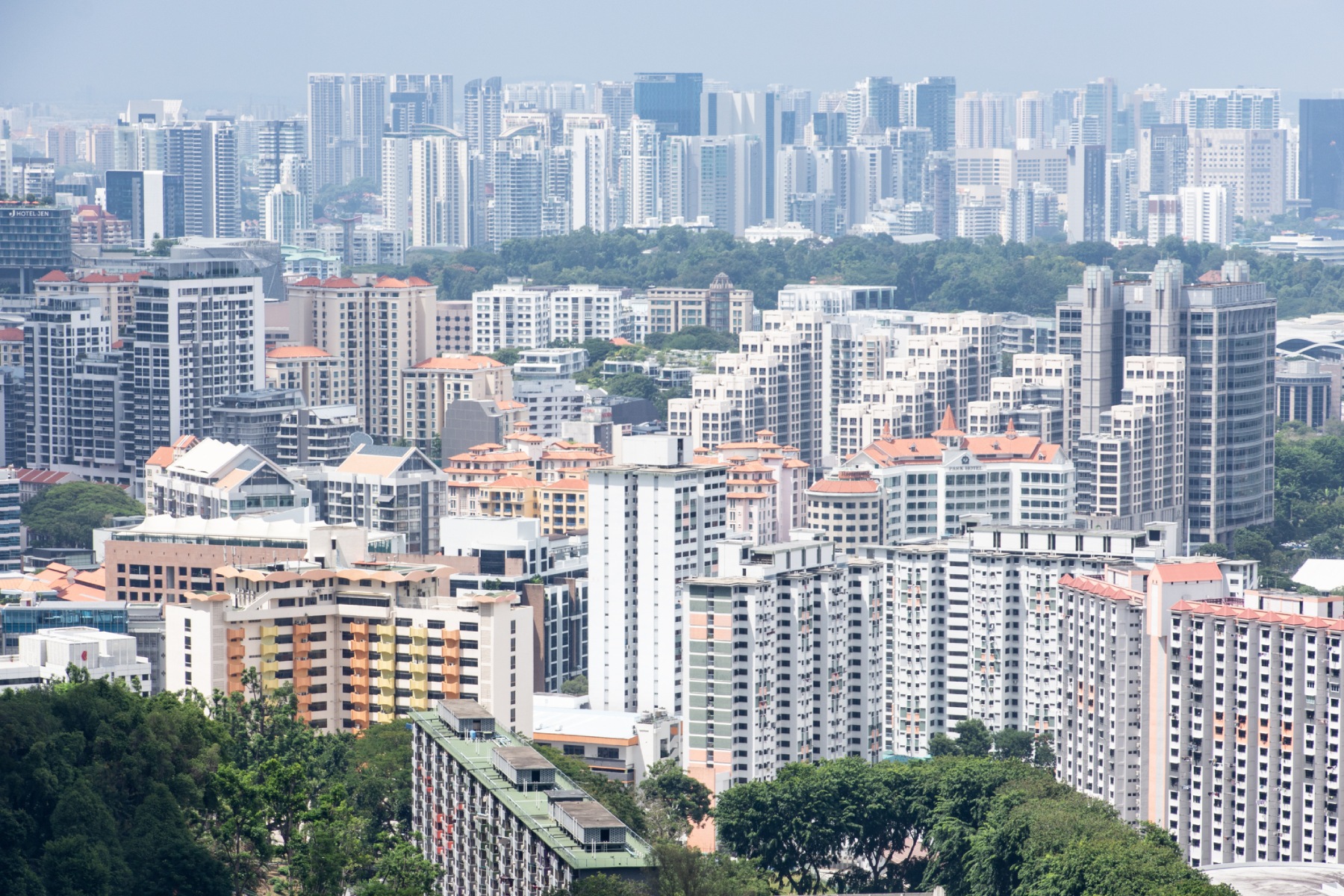
Expats make up roughly 65% of Singapore’s total private rental market, which consists largely of high-rise condominiums and serviced apartments. However, a recent lack of rental supply and soaring costs have unfortunately left expats feeling the squeeze. As a result, more and more people are opting for co-living spaces to save money.
Most Singapore citizens live in apartments that are provided by the Housing and Development Board (HDB). This public housing scheme offers subsidies, grants, and favorable mortgage rates for first-time home buyers. It also offers lower rental rates than the open market and several rental assistance schemes for citizens in need.
However, unfortunately, HDB help isn’t available for expats. That said, you may come across privatized HDB units that are available to rent at more affordable rates than other apartments in Singapore.
What are popular places to rent in Singapore?
Singapore is split into five regions, 28 districts, and many more small neighborhoods. Each area provides a unique flavor, ranging from older residential suburbs to new towns and the Central Business District (CBD).
If you are moving to Singapore for work, your office is likely to be in the business center. However, the city-state’s convenient and punctual public transport system makes it possible to commute from anywhere, including greener pastures.
Below are some of the most popular places to rent in Singapore among expats.
Tanglin
This leafy residential area of District 10 contains the popular and scenic Singapore Botanic Gardens. The quiet and affluent neighborhood is close to several prestigious international schools, including Tanglin Trust School and EtonHouse International School. Naturally, this makes it popular among expat families with children.
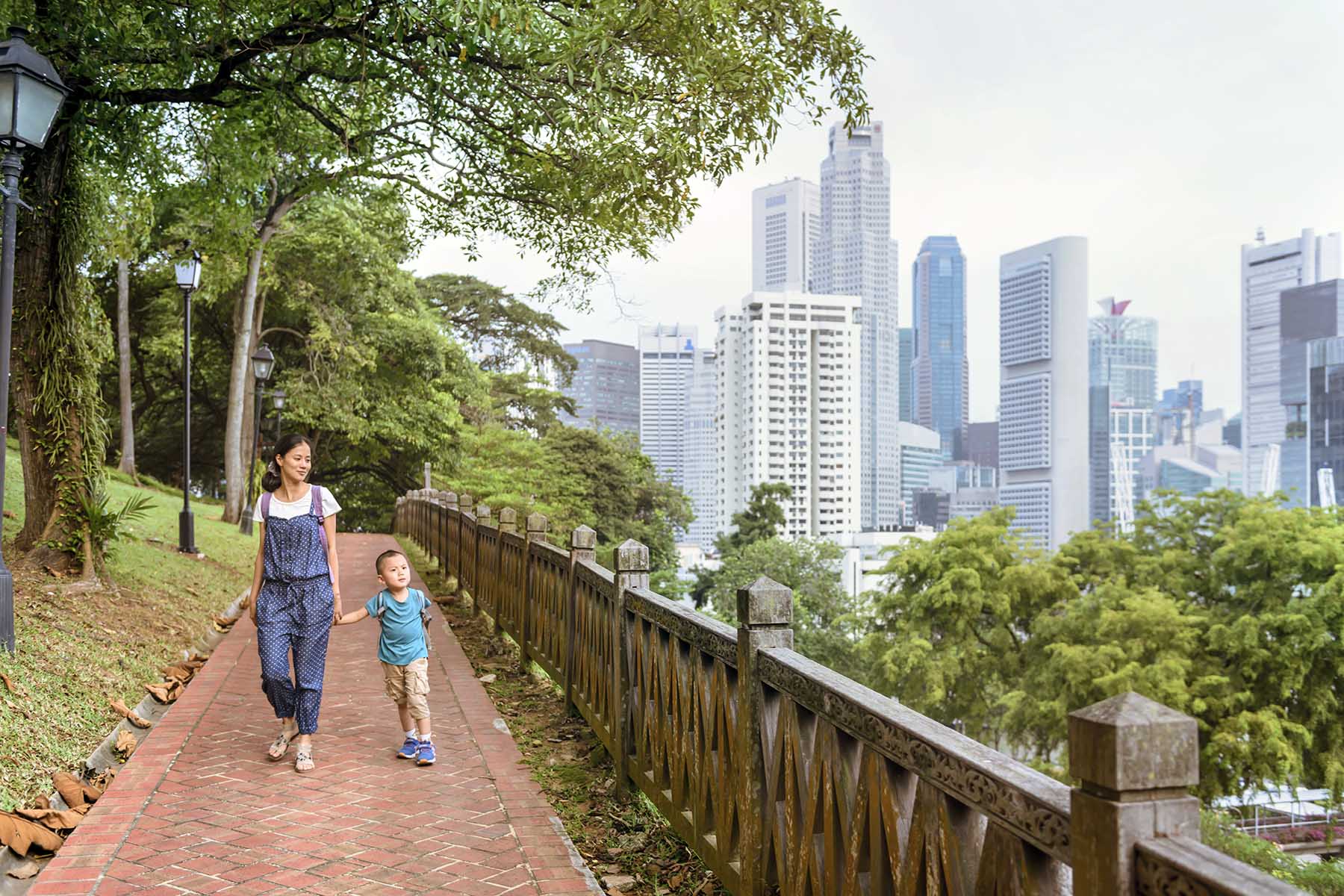
Private condominiums and colonial-style landed properties are the most highly sought-after accommodation in the area. However, housing is very expensive in the district, with four-bedroom properties being among the priciest in the country.
Woodlands
The large houses, gardens, and suburban atmosphere in Woodlands make it favorable among expats.
The neighborhood is located in Singapore’s northern District 25, which is far from the center but well-connected thanks to excellent rail links. The Singapore American School, in particular, makes Woodlands a sought-after area for American families.
In terms of property, there is a mix of landed properties, condominiums, and private apartments of varying sizes and styles. On average, HDB properties start from S$2,300 per month for two-room flats and S$3,230 for five-room units.
Serangoon
Serangoon is a densely populated northeastern neighborhood in Singapore. Many expats choose to live in the area due to its wide selection of shopping options, restaurants, and entertainment options.
The housing stock is also mixed, offering affordable flats, luxury condominiums, and landed properties with gardens. A three-room HDB flat in Serangoon costs roughly S$2,700 per month.
Notably, Serangoon is home to the Australian International School and International French School, which means that it attracts a large number of Australian and French families.
Holland Village
Holland Village’s proximity to the nightlife and entertainment of Orchard Road and Dempsey Hill makes it attractive to younger expats.
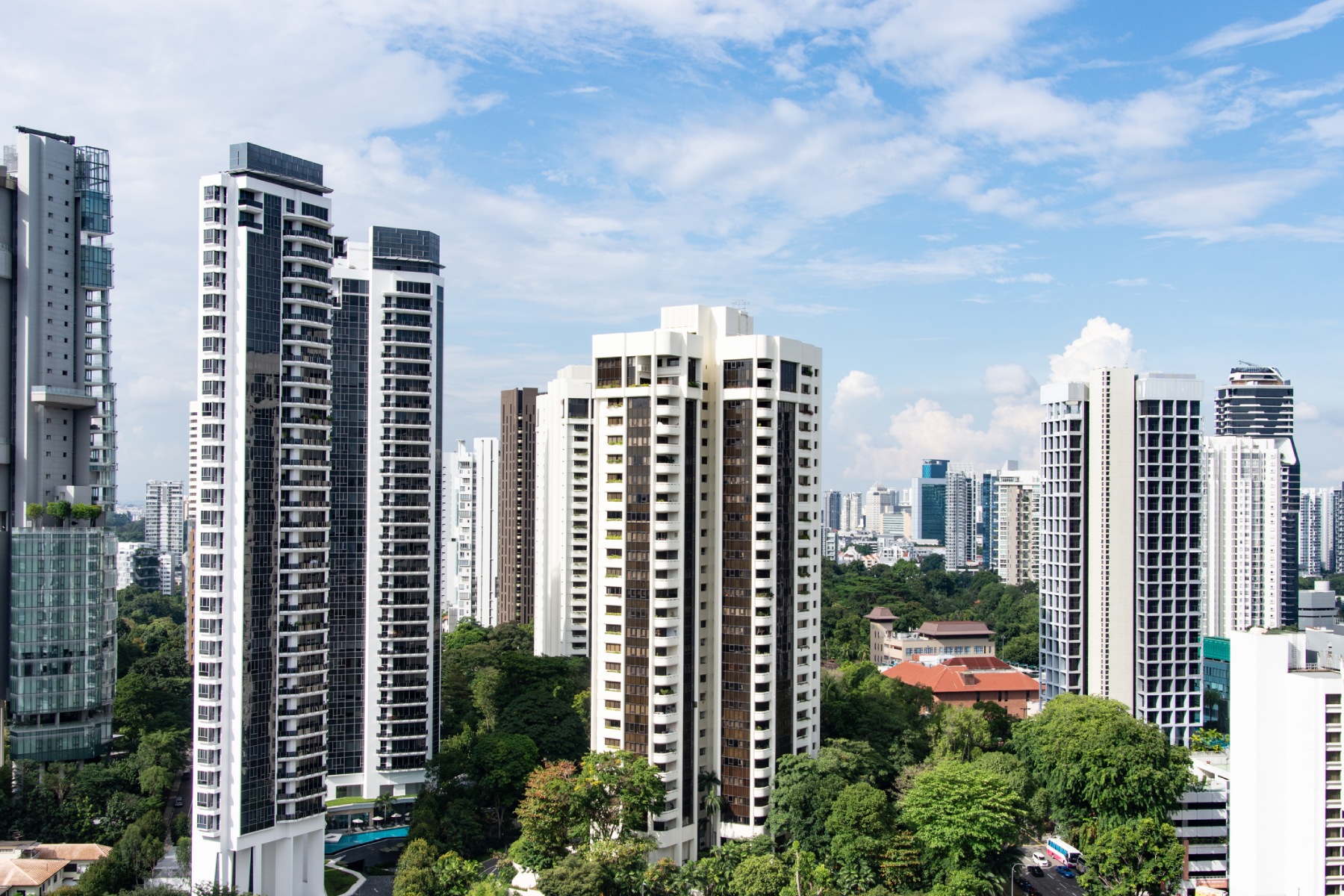
Although there is a wide range of property types available in the area, landed properties are very expensive. Holland Village is also popular with families and students as it is home to top schools and universities, such as the National University of Singapore (NUS).
Hougang
Located in Singapore’s northeast region, just south of Punggol, Hougang offers some of the most affordable flat rentals in the country.
It is possible to travel from the local MRT station to the CBD in 17 minutes, and residents can enjoy a wide selection of family-friendly services, including outdoor recreational fields, reputable schools, and shops.
While Hougang is perhaps not as lively as other areas of Singapore, it remains a quiet and affordable option for those looking to move to the city.
Buying versus renting
Singapore has numerous restrictions when it comes to foreigners buying property. In particular, the type of property available to purchase is mostly limited to private condominiums and apartments.
What’s more, an Additional Buyer’s Stamp Duty (ABSD) applies to all home purchases made by foreigners. This means that most expats have to pay an extra 60% on top of a listed property price plus any fees associated with the purchase.
As a result, many expats choose to rent rather than buy in Singapore. This also gives them time to settle in and research the best place to live in the city.
Given the high costs of homeownership for expats, buying a home is a more viable option for long-term residents. This is largely because permanent residents and couples that consist of one Singapore citizen benefit from loosened restrictions on property purchases.
Types of property to rent
Singapore is a compact country that favors high-rise flats. Only 4.9% of available property in the country is ‘landed’ (i.e., a house on land).
As a result, expats typically rent apartments of varying kinds throughout Singapore. Properties come either furnished or unfurnished, with the latter being more popular among locals looking for longer leases.

HDB flats
HDB flats (apartments) make up 77.9% of all property types in Singapore. Although they are extremely popular and affordable for locals, they are not as widely accessible to expats.
For instance, they can only be rented to eligible tenants by eligible landlords, which is based on citizenship status and income. HDB properties must also meet strict quotas that limit availability for non-citizens. They are typically available as two-to-five-room units.
Executive condominiums
Executive condominiums are also built, bought, and owned by HDB. However, they are essentially a premium version of HDB flats and are typically larger.
That said, they are still subject to similar rules for renting, and expats can only rent older executive condominiums or rooms from live-in landlords.
Private apartments and condominiums
Private residential properties are the most common type of rental for expats in Singapore.
These range from simple one-bedroom apartments to larger, luxury condominiums. They are mostly high-rise properties with shared facilities such as swimming pools, gardens, and gyms. Naturally, property size and location will greatly affect the rental price.
There are no additional restrictions on private apartment rentals for expats.
Landed properties
Landed properties are essentially houses that are attached directly to land. They may consist of traditional detached, semi-detached, terraced houses, or two-storey bungalows and cluster developments.
Then, of course, there are the famous colonial-style black and white houses that were built before the 1930s and get their name from their dark timber beams and whitewashed walls.
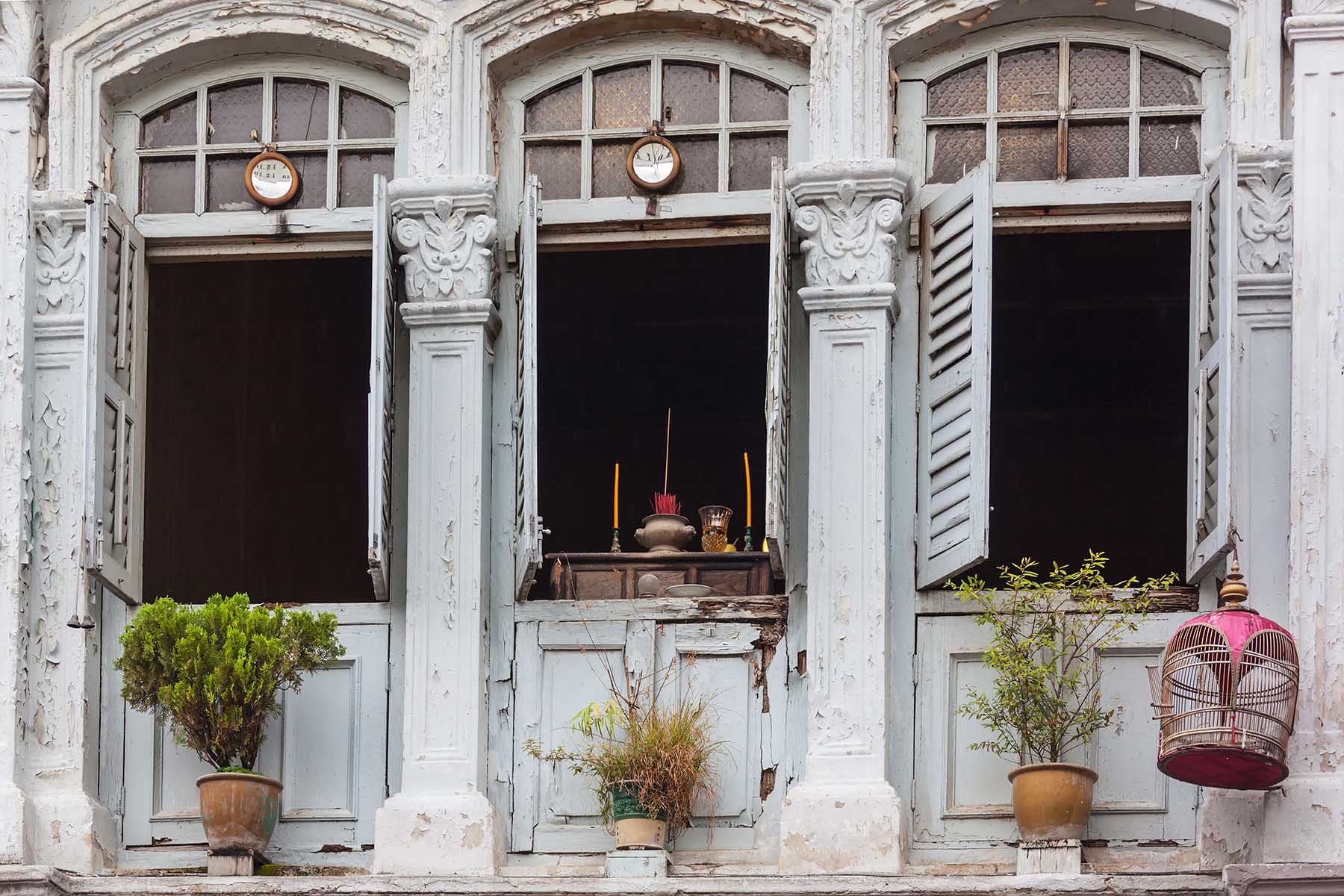
Good Class Bungalows (GCBs) are the most expensive and exclusive properties in Singapore. There are no restrictions on landed property rentals for expats.
Finding a place to rent in Singapore
Online portals
Online portals are a great way to begin your search for a home in Singapore as they list the properties that are available to rent from Singapore’s estate agents. They also include the cost, which can help you find a place within budget.
Some of the most popular portals include:
Property agents
Most property owners use agents to rent out their homes in Singapore. They typically have a web presence through web portals and realtor sites.
All property agents must be registered with the Council for Estate Agents (CEA) and you can check this at any time to ensure that you are dealing with a legitimate company.
The largest agents in Singapore include:
Notably, some agencies are tailored exclusively for foreigners. These include:
Flatshares
As one of the most expensive cities in the world for rentals, flatshares, and co-living spaces have become viable for expats looking to better control their budget in Singapore.

The following agents and networks can help locate affordable flatshares in the country:
Student housing
Students in Singapore commonly live in on-campus halls of residence or off-campus flatshares, depending on the year of study.
The type of accommodation available depends on the university, with some offering meal plans and activities. Notably, on-campus or university-organized housing is subject to availability, therefore, it is a good idea to send your application early.
Overseas students often opt for off-campus student hostels and apartments as bills include utilities. Popular private rental options include:
You can also check out student co-living at Habyt or browse portals like University Living.
How to rent a property in Singapore
Renting through a property agency
As mentioned, agents let the majority of private properties in Singapore. However, it is worth remembering that Singapore’s rental market is fast-paced, and affordable listings are quickly snapped up.
Once you have found, viewed, and decided on a property to rent, you need to submit a Letter of Intent (LOI) through your agent. They can write this up for you or even skip the step altogether if you are sure you want the place. You will then need to make a Good Faith Deposit, which is equivalent to one month’s rent, to reserve the property/room.

Before writing up a tenancy agreement, you will need to undergo checks to confirm your employment, residency, and immigration status. Rentals are then subject to a stamp duty of 0.4% of the total lease period. This is paid upon signing the tenancy agreement.
On move-in day, you should check the inventory and photograph all fittings and appliances to confirm their quality.
Renting directly through a private landlord
There is no legal requirement to use a rental agent, and many landlords rent without a middleman, particularly to friends and family. However, because most property platforms only accept licensed agents, it is more difficult to find these properties on rental portals.
Most locals tend to use classified or secondhand advertising sites such as ST Classifieds or Carousell to find direct rentals. However, there is little difference in terms of the actual renting process, which becomes legally binding with a tenancy agreement.
Notably, if you are not using a property agent, you will need to be more proactive when it comes to checking your landlord’s credentials. For instance, HDB flats are subject to strict regulations, and tenants may ask for verification of HDB ownership to ensure that their landlord isn’t breaking the law.
However, generally speaking, it is safer to use a landlord’s agent to avoid potential issues, such as unfair evictions or lost deposits.
Rental costs in Singapore
Monthly rent
Singapore’s HDB publishes data on median rents for their properties every quarter. This is divided by location and flat size.
It shows that in 2023, monthly rent in Singapore costs between S$2,300 and S$3,080 for a three-room flat. However, while this is a good indication of average rental costs, it only applies to HDB properties.
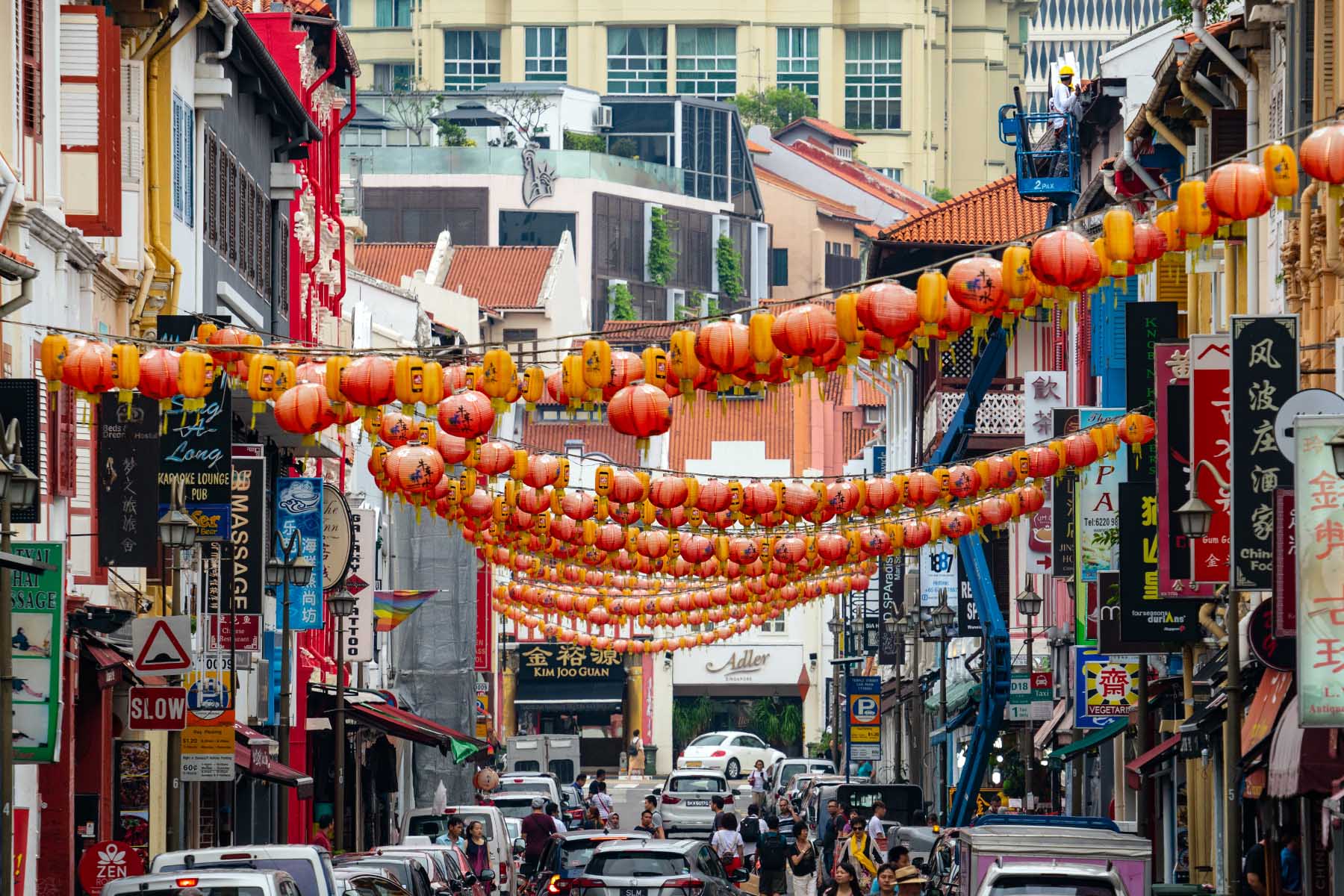
Data published by The Urban Redevelopment Authority (URA) shows that rental costs are rising year-on-year in Singapore. Unfortunately, the country’s rent control act was abolished in 2001, leaving few protections or caps on these soaring prices.
Rental deposits
Although rental deposits are not required by Singaporean law, many landlords expect a security deposit that is equivalent to one or two months’ rent. This will be returned at the end of the lease after any damage costs have been deducted.
Your tenancy agreement will outline any lease terms that may result in the forfeit of this deposit. As such, tenants should ensure that the language is clear on the deposit rules before signing a contract.
Agency/administration fees
Real estate agencies in Singapore may charge a commission to both the landlord and tenant. While there is no fixed rate or cap on these administration fees, they should always be listed clearly in writing.
Other costs
It is usually the tenant’s responsibility to pay for utilities in Singapore, although exceptions are found in serviced apartments and co-living rentals. Average monthly utility costs can range from S$66 for a one-room flat to S$666 for a bungalow.
Help with costs
Low-income Singapore citizens can apply for the Public Rental Scheme (PRS) which will heavily subsidize rent. This can lower costs to between S$26 and S$275 per month. However, only Singapore citizens can apply for this help.
Social housing
The HDB oversees Singapore’s social housing. In so doing, it provides subsidized rental costs for low-income citizens and a wealth of grants for first-time homeowners getting on the property ladder.
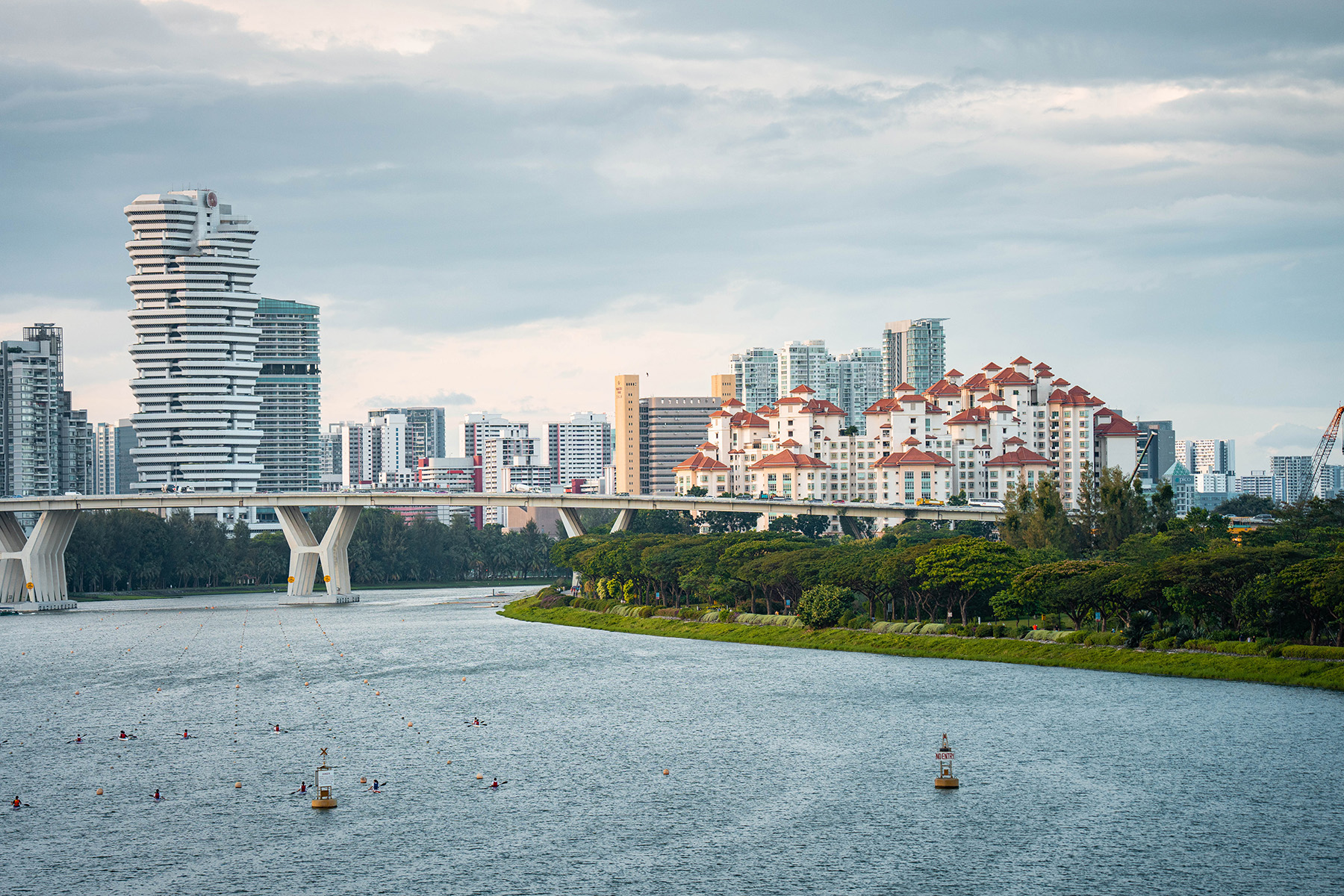
However, sadly, HDB rental help is not available for expats and strict laws are in place to limit HDB property purchases.
Rental housing laws in Singapore
Tenant rights and obligations
While there is no specific law or regulatory body that governs tenancy rights in Singapore, the tenancy agreement is the legally binding source of such obligations.
This should generally include terms relating to tenancy duration, rent payment, utilities, use of the premise, upkeeping, termination of the lease, notices, and anticipatory breach.
Notably, a clause for ‘quiet enjoyment’ and ‘exclusive possession’ is necessary to provide the tenant with freedom within the property. As a result, a landlord can legally only enter the rental property with the tenant’s consent.
Landlord rights and obligations
Landlords have the right to decide who to rent property to and at what price. This also includes any rules set out in the tenancy agreement, such as noise levels, appliance use, smoking, or pet ownership. However, on the flip side, landlords must ensure that the property is safe and habitable and has access to essential utilities.
It is important to be aware that the landlord has the right to withhold the tenant’s deposit in the event of unpaid rent or property damage. That said, a tenant can only be evicted on valid grounds. This may include breaking the tenancy agreement, nonpayment of rent, illegal activity, or expiration of the lease.
All evictions must follow a legal process that involves giving due notice.
Tenancy contracts
Tenancy contracts are known as tenancy agreements in Singapore, and these can include lease terms from six months to three years.
As the tenancy agreement outlines any ramifications for breaking a lease, it is important to have a diplomatic clause that allows a lease to end. This is particularly useful if you have to leave Singapore early for work or personal reasons.
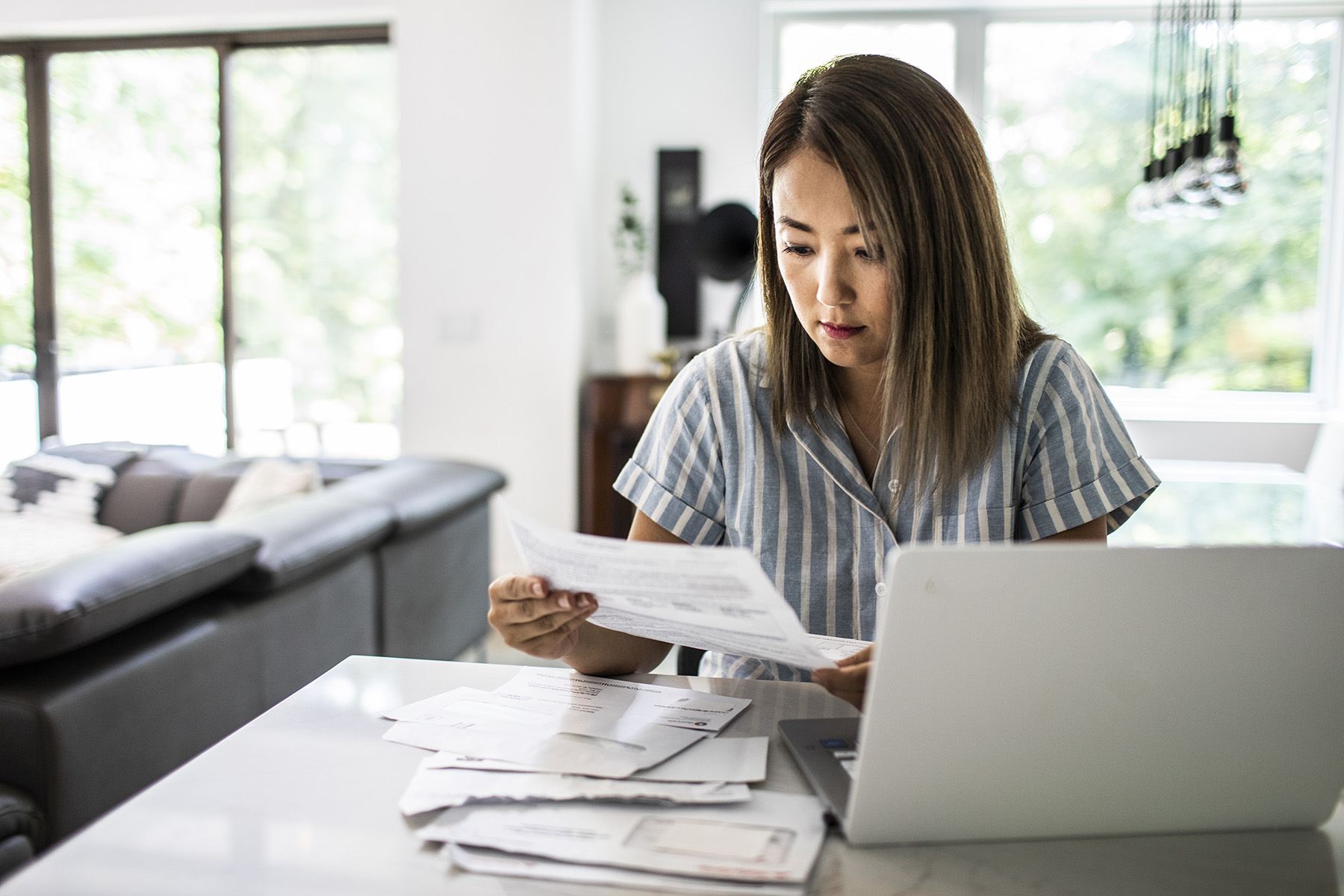
Such clauses will usually allow the tenant to terminate the lease around halfway through its term, such as six months into a one-year contract.
The landlord must provide a copy of the tenancy agreement to the tenant and allow them to read it through carefully before signing. You can find an example template of a typical tenancy agreement provided by the HDB on the CEA website.
Where to go in the event of a dispute
In general, you should try to avoid conflicts with your landlord and consult the tenancy agreement when any misunderstandings arise.
However, if you cannot resolve a conflict, you can try using your agent to negotiate a resolution. Third parties, such as the Consumers Association of Singapore (CASE), can also help tenants mediate disputes.
If you cannot solve your tenancy issues by mediation, you can seek resolution through Singapore’s Small Claims Tribunal (SCT). They generally resolve deposit and rent disputes as long as claims do not exceed S$20,000. Notably, you do not need a lawyer to file a claim.
Utilities and telecommunications
You will likely be responsible for paying for your utilities unless you are renting a fully furnished short-term apartment.
As utilities are nationalized in Singapore, you only need one SP Group account to pay for your electricity, gas, and water.
However, there are more choices when it comes to internet and television in Singapore, so you can shop around at Singtel, StarHub, M1, or elsewhere.
Moving in and moving out of your rental property
You can move into your new space in Singapore once the tenancy agreement is signed and a deposit and first month’s rent have been paid.
Your tenancy period will depend on what you have negotiated and is usually between one or two years. If you decide to move out early, however, you can submit a notice to vacate or negotiate directly with your landlord.
On the other hand, if you would like to extend your lease, you will usually need to apply three months before your contract ends.

When you are moving out, your landlord will arrange an inspection to check the condition of the property and any furnishings against the inventory used when moving in. Once this process is complete, you can request your deposit minus any damage fees. You have the right to dispute any decisions made by your landlord regarding your deposit and can take legal action if necessary.
Renting out your home in Singapore
If you would like to rent out your property, you can begin by contacting a local agent or consulting a rental portal. They will allow you to research local rent prices to get an idea of how much your property may be worth.
If you own an HDB home, you should also familiarize yourself with any rules that apply to you as a landlord, including filing for permission.
As a landlord, you will be in charge of drafting a tenancy agreement. If you are new to leasing, you might want to consider consulting a realtor to help you market your property and draft a contract for a commission fee.
Notably, as most renters in Singapore are expats or foreigners, you will likely have to provide furniture and appliances to make your property or room more attractive.
It is important to be aware that short-term rentals such as Airbnb are illegal in Singapore. Moreover, you must meet the minimum rental periods of six months for Singapore citizens and three months for any other residents.
Landlords should also pay rental income tax according to this calculator.
Tips for renters
You can follow these tips to stay safe when renting a property in Singapore:
- Research property portals and individual agents to get a feeling for costs
- Stick to the golden rule of spending no more than 30% of your income on rent in Singapore
- Do not deposit money before signing a tenancy agreement and do not make a payment before viewing a property
- Take photographs of the inventory items within the property when you move in, ideally in the presence of the landlord or property manager. Focus on major fittings and appliances.
- Confirm any additional fees that you will have to pay, such as maintenance or service charges
- Ensure that your air conditioning unit is working before moving in
- Ask the landlord about your utilities account and take any meter readings on the day you move in
Useful resources
- Housing & Development Board (HDB) – the official portal for HDB rentals for those who qualify
- PropertyGuru – a leading rental agent portal
- Urban Redevelopment Authority (URA) – outlines rental rules and regulations in Singapore
- Urban Redevelopment Authority – find detailed data on residential property sales
- Council for Estate Agents (CEA) – the regulated council for estate agents in Singapore
- The Consumers Association of Singapore (CASE) – the consumer association that promotes tenants’ interests
- SP Group – browse average monthly utility costs
